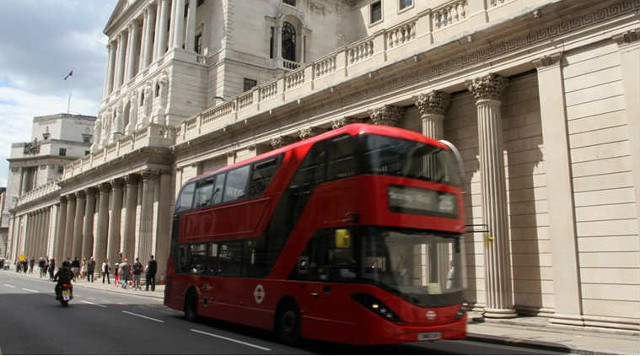The source of biofuels from coffee can be used to operate buses
According to London media, coffee waste will be used for the first time as a biofuel to power some of London's buses today.
A new biofuel source created by mixing oil extracted from coffee waste with diesel will be added to the public transport fuel supply.

Biotechnology company said it has produced enough coffee oil to fuel a full-service bus for a year. The London Transport System (TfL) is increasingly using biofuels to reduce travel emissions. Previous biofuels can be made with waste products such as cooking oil and processed meat fat that has been used in the capital's approximately 9,500 buses, according to a report.
However, this is said to be the first time a biofuel derived from coffee has been applied to London's public transport system.
According to scientists, Londoners have created 200,000 tons of coffee waste each year. The export company takes them from coffee shops and instant coffee factories, and then extracts oil from it in the factory.
Then it is processed into a B20 blended biofuel. The company believes it will only take more than 2.55 million cups of powdered coffee to produce biofuels enough to run London buses for a year when coffee oil is mixed with diesel. Six thousand liters of coffee oil have been produced so far.
"It's a great example of what can be done when we start re-treating waste as an untapped resource before," Arthur Kay said.
See more:
- CO2 emissions will be used as fuel for cars in the future
- Drinking coffee in the morning is a good habit?
- Drinking 5 cups of coffee a day can help you live longer?